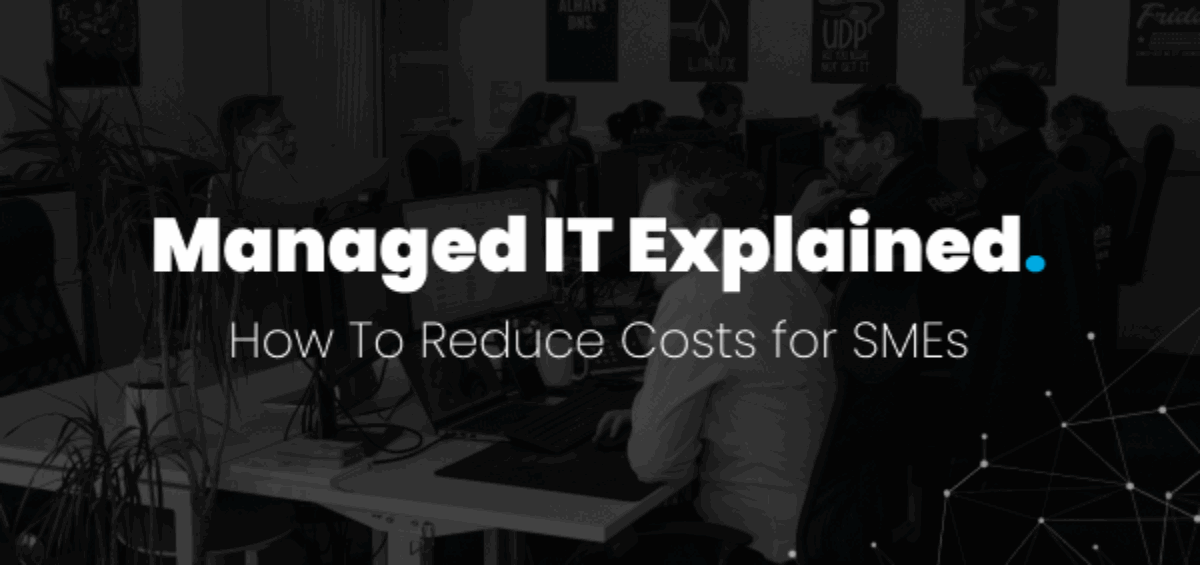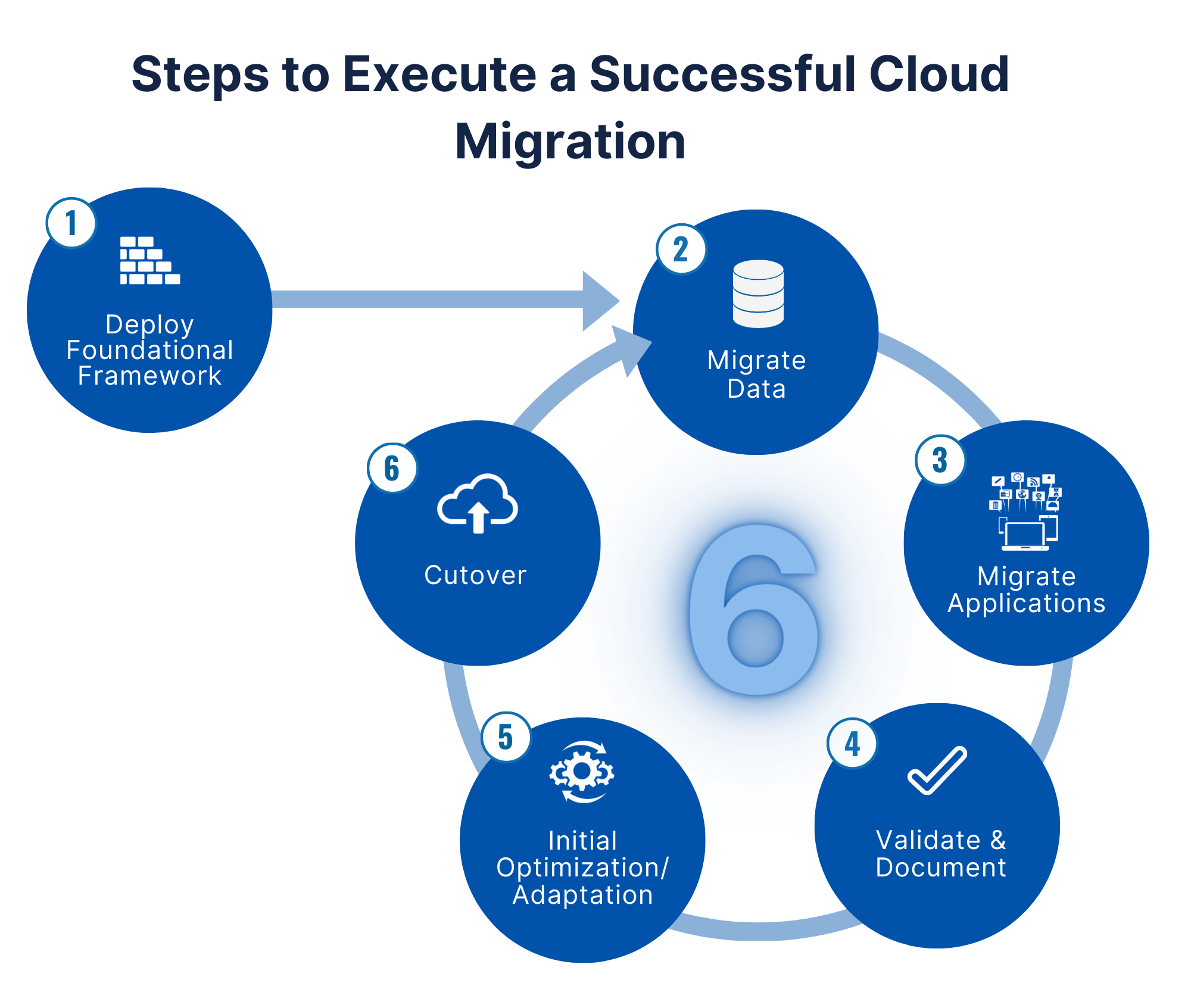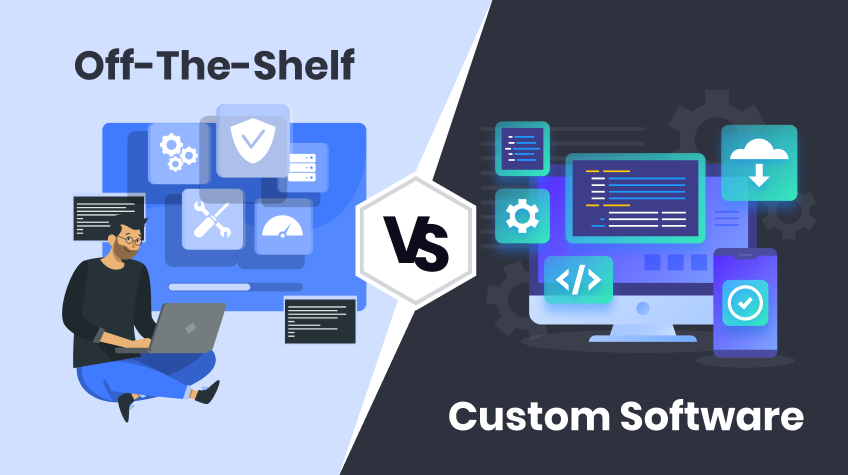
🤖 Choosing the Right CRM System for Your Business in 2025
As businesses step into an increasingly digital and customer-centric future, Customer Relationship Management (CRM) systems have become more critical than ever. In 2025, CRM platforms are not just about managing contacts — they’re intelligent ecosystems that streamline sales, enhance customer experiences, and drive data-informed decisions.
But with so many CRM options available, how do you choose the right one for your business?
In this blog, we’ll walk you through what to look for in a CRM system, the latest trends in CRM technology, and how to select the best-fit platform for your needs.
⸻
🧭 Why Your CRM Choice Matters in 2025
CRM systems are no longer just digital Rolodexes. They now include AI-powered automation, omnichannel communication, predictive analytics, and deep integration with other tools like marketing platforms, ERPs, and support systems.
📊 A well-chosen CRM can help you:
• Boost sales team productivity
• Improve customer satisfaction and retention
• Enhance data-driven decision-making
• Reduce manual processes and errors
💡 Fact: According to Gartner, by 2025 over 60% of businesses will rely on CRM platforms that integrate with AI for customer engagement.
⸻
📌 Key Factors to Consider When Choosing a CRM
Choosing a CRM isn’t just about picking the most popular tool — it’s about finding the right fit for your specific business goals and workflows.
🔍 Here are the most important factors to evaluate:
1. 🧩 Business Size and Scalability
• Small business? Look for simple, affordable CRMs like Zoho CRM or HubSpot.
• Mid-size or enterprise? Consider Salesforce, Microsoft Dynamics 365, or SAP CRM.
Choose a platform that scales with your growth, supporting more users, integrations, and advanced features when you need them.
⸻
2. 🔄 Integration Capabilities
Your CRM should work seamlessly with your existing tools — email platforms, accounting software, marketing automation, customer service tools, etc.
✅ Must-have integrations:
• Google Workspace / Microsoft 365
• Slack, Zoom, or Teams
• Marketing platforms (Mailchimp, HubSpot, ActiveCampaign)
• Payment and e-commerce systems
⸻
3. 🤖 AI and Automation Features
Modern CRMs use AI to predict customer behavior, score leads, and even draft responses.
Look for:
• Smart lead routing
• Email automation and sequencing
• AI-powered insights and forecasting
• Chatbot or virtual assistant integrations
These features save time and improve decision-making across your sales and support teams.
⸻
4. 📱 Mobile & User Experience
In 2025, remote work and mobile-first approaches are standard. Your CRM should be:
• Mobile-friendly with dedicated apps
• Easy to navigate with intuitive dashboards
• Customizable for different team roles
⚠️ A poorly designed CRM will lead to low user adoption — and wasted investment.
⸻
5. 🔐 Security & Compliance
Make sure the CRM adheres to data protection laws relevant to your business, such as GDPR, HIPAA, or CCPA.
🔐 Key considerations:
• Data encryption at rest and in transit
• Role-based access control
• Multi-factor authentication (MFA)
• Audit logs and compliance tools
⸻
🚀 Top CRM Systems to Consider in 2025
Here are some top-rated CRM platforms for 2025 based on performance, innovation, and value:
🥇 Salesforce
• Best for: Large enterprises
• Strengths: Customization, AI (Einstein), wide integration support
🥈 HubSpot CRM
• Best for: Startups and SMEs
• Strengths: Free tier, great UX, strong marketing automation
🥉 Zoho CRM
• Best for: Growing businesses
• Strengths: Affordable, modular, AI insights (Zia)
💼 Microsoft Dynamics 365
• Best for: Businesses already using Microsoft ecosystem
• Strengths: Deep integration with Office tools, flexible modules
🌐 Pipedrive / Freshsales / Monday CRM
• Best for: Sales-focused teams and budget-conscious companies
⸻
⚖️ On-Premise vs. Cloud CRM: What’s Better?
In 2025, most businesses are shifting to cloud-based CRM platforms for flexibility, lower upfront costs, and ease of updates.
🌐 Cloud CRM Benefits:
• Access from anywhere
• Scalable pricing
• Faster implementation
🏢 On-Premise CRM may still be suitable for:
• Highly regulated industries
• Organizations with strict data control requirements
⸻
📊 How to Evaluate and Test Before You Buy
Don’t jump in blind — test before you invest.
🧪 Steps to take:
1. List your must-have features
2. Set a realistic budget
3. Sign up for free trials or demos
4. Involve actual users (sales, marketing, support teams)
5. Ask about onboarding and customer support
✉️ Tip: Ask vendors for case studies or customer success stories in your industry.
⸻
🧠 Final Thoughts: Match Tech to Strategy
Choosing the right CRM in 2025 is less about ticking feature boxes and more about aligning the system with your sales strategy, team needs, and growth goals.
A CRM is more than a tool — it’s a central nervous system for your business. When chosen wisely, it empowers you to build stronger relationships, work smarter, and grow faster.
⸻
📞 Need Help Choosing the Right CRM?
At [Your Company Name], we help businesses identify, implement, and optimize CRM systems that fit their unique needs. Whether you’re just starting out or upgrading from a legacy system, our experts are here to guide you every step of the way.
👉 Contact us today to book a free CRM consultation and discover which solution is right for your business in 2025.


